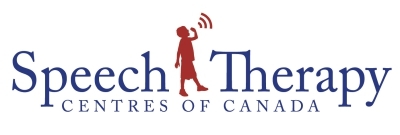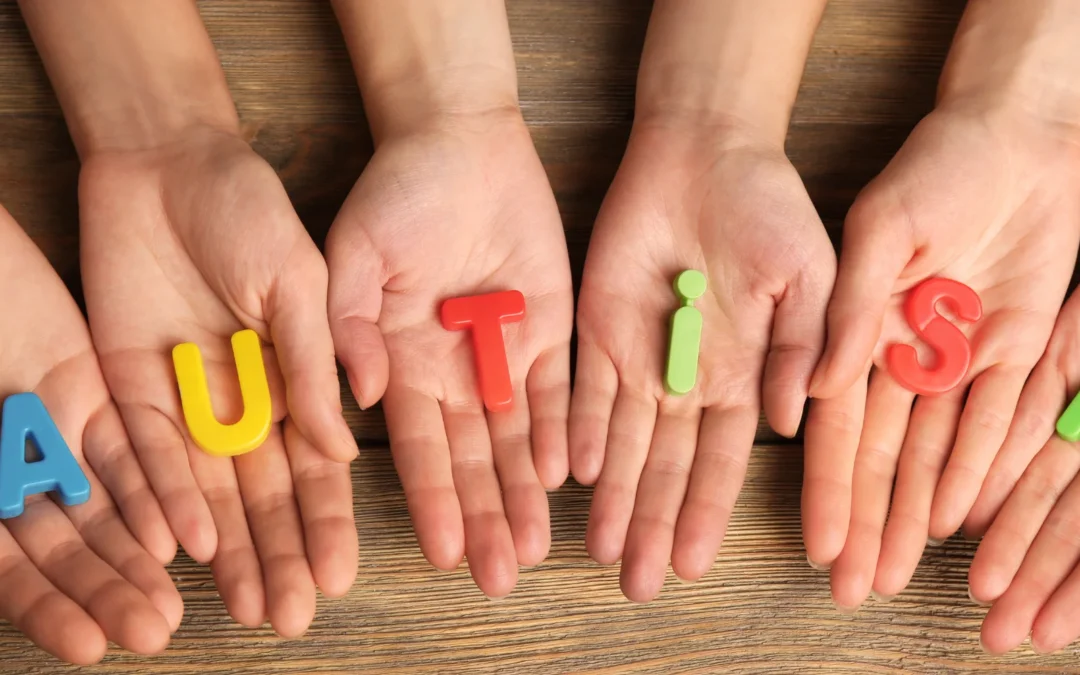Understanding ADHD and Communication Challenges
ADHD is a neurodevelopmental condition that affects nearly 10% of school-aged children. While not all individuals with ADHD will experience speech or language difficulties, there is a strong correlation between decreased attention skills and being diagnosed with a communication disorder. Some common symptoms of ADHD include:
- Difficulty focusing on specific tasks and communication such as instructions and questions.
- Forgetfulness or memory problems
- Impulsivity when communicating without thinking.
- Trouble waiting their turn.
- High energy levels and restlessness
- Interrupting or speaking at inappropriate times
These challenges can significantly impact communication development and performance. However, it’s essential to recognize that ADHD also comes with strengths, such as hyperfocus, creativity, and resilience.
Speech and Language Disorders Associated with ADHD
Let’s explore some communication disorders that may coexist with ADHD:
- Expressive Language Disorder:
- Individuals with this disorder may struggle to communicate their thoughts and ideas clearly and coherently.
- They may have difficulty answering questions, structuring sentences, or engaging in back-and-forth conversations.
- Grammatical errors and trouble recalling details are common.
- Receptive Language Disorder:
- Receptive language refers to understanding spoken words and sentences.
- People with ADHD may find it challenging to follow verbal directions, grasp main ideas in conversations, or fully comprehend questions.
How Can SLPs Help?
Speech therapy for ADHD can make a significant difference by addressing speech and language delays or disorders. Here’s how SLPs contribute:
- Communication Support
- SLPs work with individuals to enhance communication skills, which may include:
- Teaching the necessary age-appropriate grammatical skills
- Working on delayed or disordered speech difficulties
- Teaching strategies to help with organizing, and sequencing information effectively, particularly when telling or writing a story.
- General Principles
- Collaborating with teachers, parents, and caregivers so that SLPs find ways to support communication in the classroom and at home.
- SLPs tailor therapy to each person’s unique needs
- By improving communication abilities, SLPs empower individuals with ADHD.
- Increasing confidence when communicating, positively impacts academic success and relationships.
In summary, SLPs play a vital role in supporting individuals with ADHD, fostering effective communication, and helping them thrive both academically and socially.

